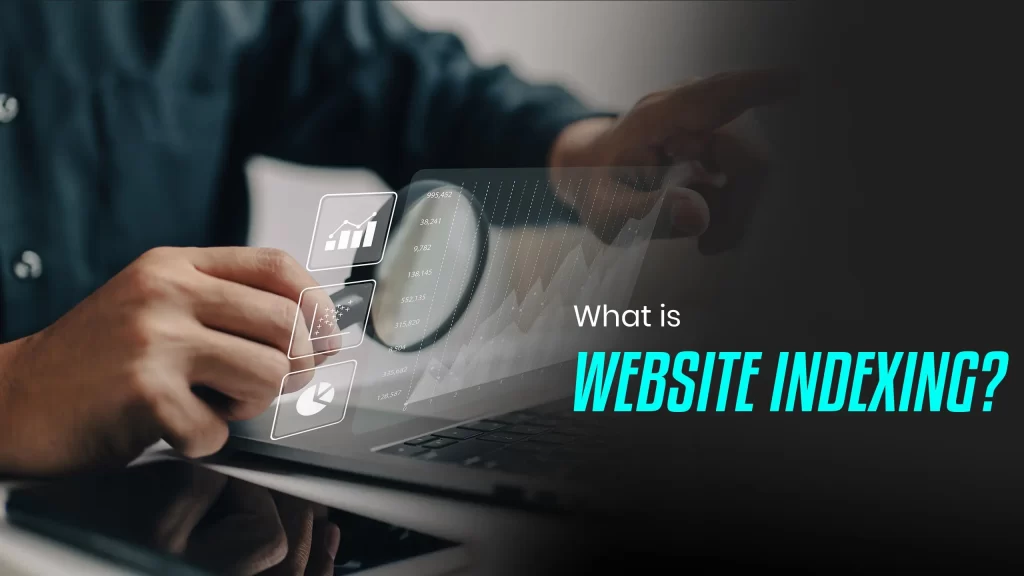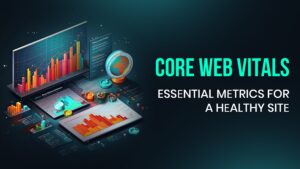In the vast landscape of the internet, where countless websites vie for attention, website indexing emerges as a fundamental process that significantly influences a site’s visibility and accessibility. Understanding what website indexing entails is crucial for anyone seeking to establish a robust online presence. In this article, we will delve into the concept of website indexing, exploring its importance, the mechanisms involved, and the impact it has on search engine rankings.
What is Website Indexing?
Website indexing is the process by which search engines collect and store information from websites into a database. This database, often referred to as the search engine index, serves as a comprehensive catalog of web pages, allowing search engines to retrieve relevant information quickly when users perform a search.
When a new website is created or an existing one is updated, search engines deploy bots known as crawlers or spiders to navigate through the site’s pages. These bots analyze the content, structure, and metadata of each page, collecting valuable information that is then indexed for future retrieval. The index essentially acts as a massive library, organizing the information in a way that facilitates efficient and accurate search results.
Why is Website Indexing Important?
1. Enhanced Visibility:
The primary objective of indexing is to enhance a website’s visibility on search engines. When a website is indexed, it becomes part of the search engine’s database, making it eligible to appear in search results. Without proper indexing, a website may remain invisible to users, no matter how valuable or relevant its content is.
2. Improved Search Engine Rankings:
Search engines use complex algorithms to determine the relevance and quality of a website’s content. Properly indexed websites are more likely to rank higher in search results, increasing the chances of attracting organic traffic. This is crucial for businesses and individuals aiming to reach their target audience and establish authority in their respective fields.
3. Faster Information Retrieval:
Efficient website indexing ensures that search engines can quickly retrieve relevant information when users perform a search. This speed is essential in providing users with a seamless and satisfactory search experience. Websites that are slow to index may experience delays in appearing in search results, potentially leading to missed opportunities for user engagement.
The Mechanism of Website Indexing:
1. Crawling:
Crawling is the first step in the website indexing process. Search engine bots systematically navigate through the web, following links from one page to another. During this process, they collect information about each page’s content, structure, and metadata. Notably, not all pages are crawled; factors such as robots.txt directives and meta tags can influence which pages are deemed eligible for crawling.
2. Parsing and Analyzing:
After crawling, the collected data is parsed and analyzed. This involves extracting text, images, links, and other elements from the web pages. The search engine algorithms assess the relevance and quality of the content, taking into account factors like keyword usage, site structure, and overall user experience.
3. Indexing:
Once the data is analyzed, it is indexed and added to the search engine’s database. The index is structured in a way that facilitates quick and accurate retrieval of information. Each indexed page is associated with specific keywords, making it easier for the search engine to match user queries with relevant content.
4. Ranking:
After indexing, search engines use complex algorithms to rank the indexed pages based on their relevance and quality. Factors such as the use of keywords, backlinks, and overall website authority contribute to a page’s ranking. Websites that consistently provide valuable and relevant content are more likely to achieve higher rankings.
Ensuring Effective Website Indexing:
1. Create a Sitemap:
A sitemap is a file that provides information about the organization of a website’s content. Submitting a sitemap to search engines helps them understand the structure of your site and ensures that all relevant pages are crawled and indexed.
2. Optimize Robots.txt:
The robots.txt file allows website owners to control which pages are accessible to search engine crawlers. By optimizing the robots.txt file, you can guide search engines to prioritize crawling and indexing important pages while excluding those that are less critical.
3. Use Meta Tags:
Meta tags, including meta titles and meta descriptions, provide concise information about each page’s content. Crafting compelling and relevant meta tags not only improves click-through rates but also aids search engines in understanding the context of your pages.
4. Quality Content:
High-quality, relevant content is the backbone of effective website indexing. Regularly update your content, use relevant keywords naturally, and ensure that your website provides value to users. Search engines prioritize content that aligns with user intent and delivers a positive experience.
Conclusion:
In the dynamic world of online presence, website indexing stands as a critical process that directly influences a website’s visibility and success. By understanding the mechanisms involved and implementing best practices, website owners can optimize their sites for efficient indexing, ensuring that they are well-positioned to attract organic traffic and achieve higher search engine rankings. As the digital landscape continues to evolve, staying informed about website indexing trends and practices becomes indispensable for anyone seeking to thrive in the competitive online realm.










